Security News
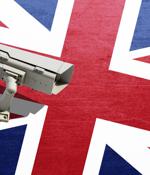
As if living in Croydon wasn't bad enough The Metropolitan Police has confirmed its first permanent installation of live facial recognition (LFR) cameras is coming this summer and the lucky...

PLUS: Zoho's Ulaa anointed India’s most patriotic browser; Typhoon-like gang targets Taiwan; Japan debates offensive cyber-ops; and more Asia In Brief China’s Cyberspace Administration and...
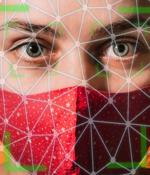
You may not need to go full Juggalo for the sake of privacy Researchers at cyber-defense contractor PeopleTec have found that facial recognition algorithms' focus on specific areas of the face...

Creating new accounts under fake identities provides attackers with a way to launder money or commit fraud.
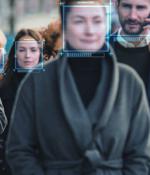
Withholding exculpatory evidence from suspects isn't a great look when the tech is already questionable Police around the United States are routinely using facial recognition technology to help...
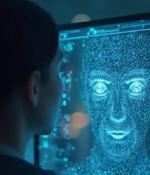
The Dutch Data Protection Authority (Dutch DPA) has imposed a fine of €30.5 million ($33.7 million) against facial recognition firm Clearview AI for violating the General Data Protection...

Watchdog reprimand follows similar cases in 2021 The UK's data protection watchdog has reprimanded a school in Essex for using facial recognition for canteen payments, nearly three years after...

A helpful summary of which US retail stores are using facial recognition, thinking about using it, or currently not planning on using it. Three years ago, I wrote that campaigns to ban facial recognition are too narrow.

With technology like that on Mr. Leyvand's head, Facebook could prevent users from ever forgetting a colleague's name, give a reminder at a cocktail party that an acquaintance had kids to ask about or help find someone at a crowded conference. Six years later, the company now known as Meta has not released a version of that product and Mr. Leyvand has departed for Apple to work on its Vision Pro augmented reality glasses.
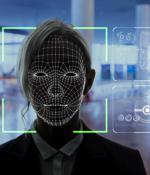
China has released draft regulations to govern the country's facial recognition technology that include prohibitions on its use to analyze race or ethnicity. According to the the Cyberspace Administration of China(CAC), the purpose is to "Regulate the application of face recognition technology, protect the rights and interests of personal information and other personal and property rights, and maintain social order and public safety" as outlined by a smattering of data security, personal information, and network laws.